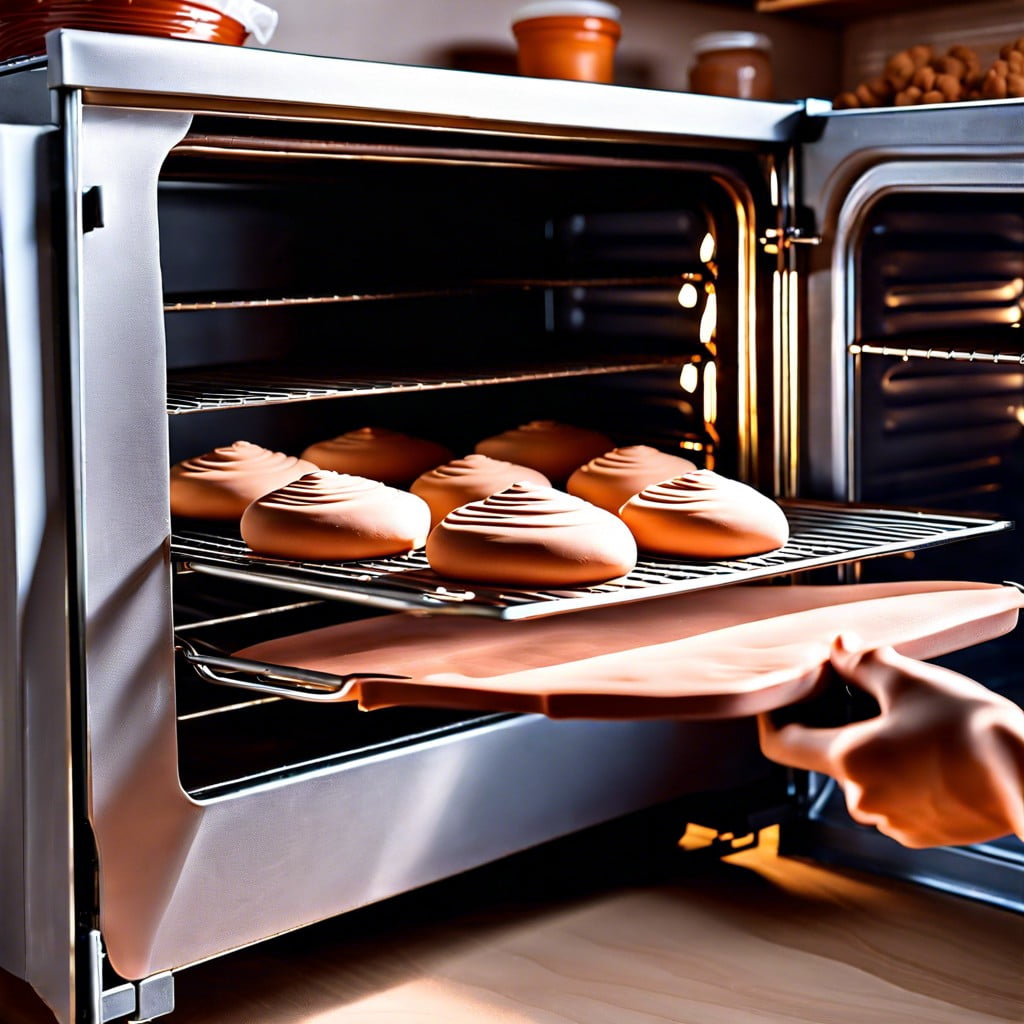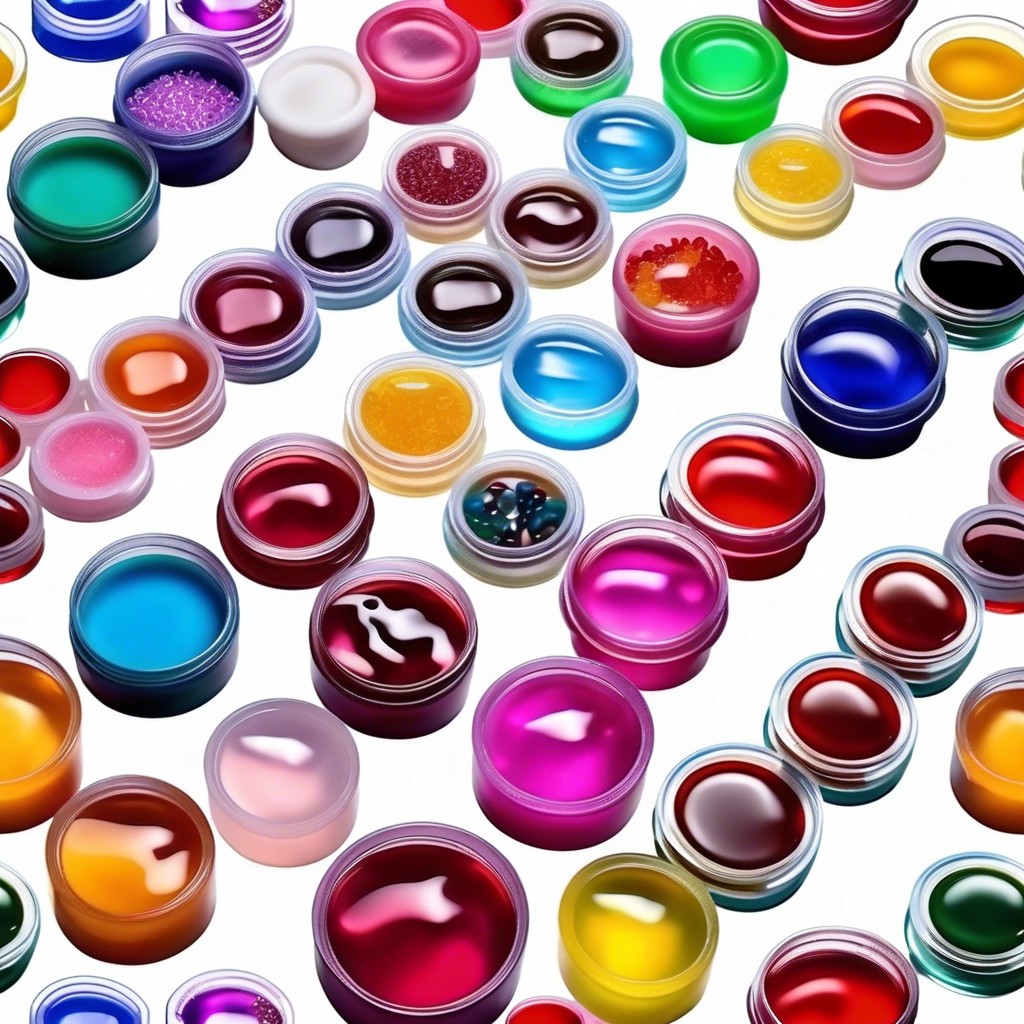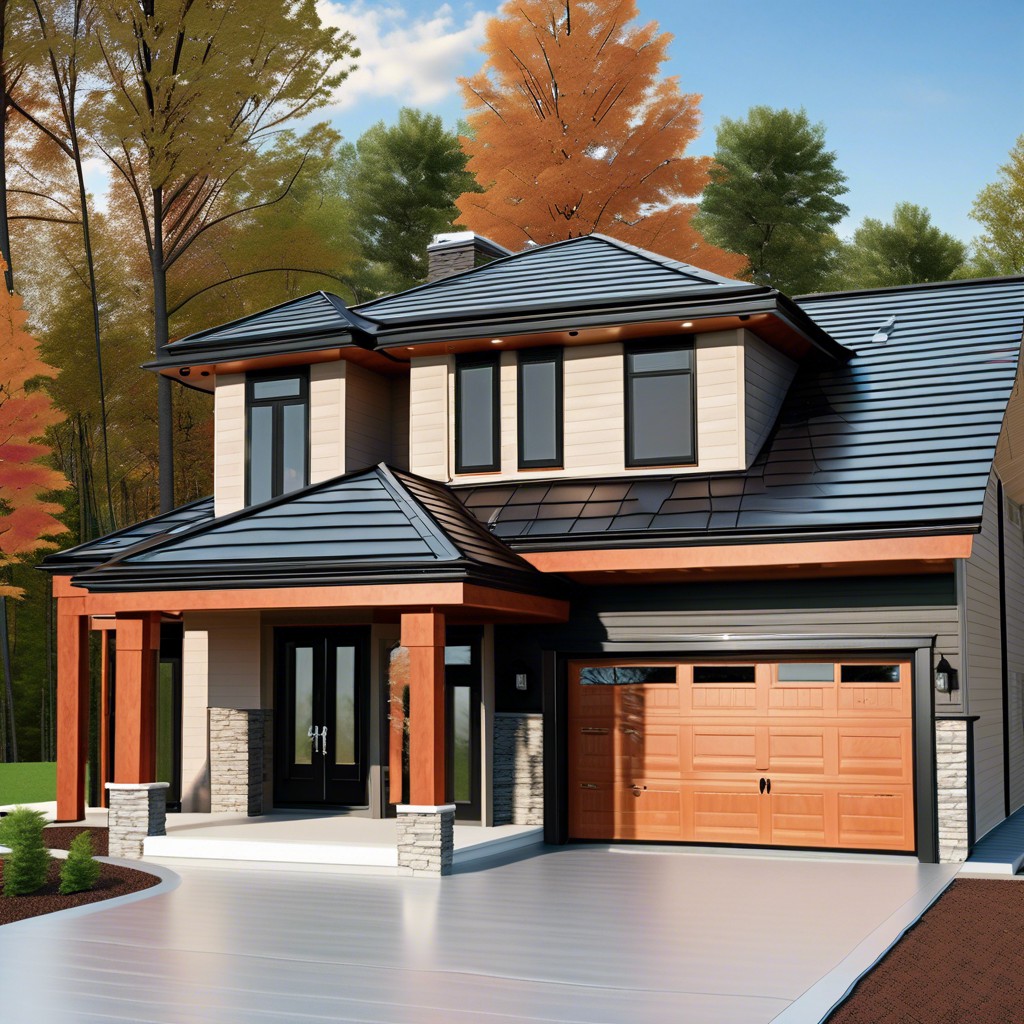Unraveling the science behind polymer clay, this comprehensive guide will grant first-hand knowledge on the process and techniques of baking polymer clay efficiently and effectively.
Key takeaways:
- Curing polymer clay involves applying heat to fuse the particles.
- Use an oven thermometer to ensure the correct baking temperature.
- The recommended baking time is 15 minutes per 1/4 inch thickness.
- Keep safety precautions in mind, such as proper ventilation and protective gloves.
- Baked polymer clay can be further cured for enhanced durability.
Understanding Polymer Clay Curing

Polymer clay transforms from a pliable substance to a hardened form through a process called curing. This occurs when you apply heat, causing the polymer particles in the clay to fuse together. It’s chemically similar to the hardening of certain types of glue when they dry. However, unlike glue, polymer clay doesn’t simply dry out; it needs the heat to initiate the reaction.
Curing temperature and time vary depending on the brand and thickness of the clay piece. Typically, curing temperatures range from 215-300°F (102-149°C). The right temperature is delicate; too low and the clay won’t cure properly, too high and it can burn. Thorough curing also contributes to the final strength of the piece, as an underbaked clay might remain brittle.
An oven thermometer is a handy tool to ensure your oven is at the proper temperature. This is critical because ovens can have hotspots or temperature variations. Accurate baking maximizes the clay’s durability and finish.
Remember, the clay does not become soft during the baking process. Instead, it goes through a solidifying transformation that is permanent once cool. If the piece is not to your satisfaction, further tooling or adjustments should be made before the baking stage, as changes cannot be made post-cure without breaking the piece or adding new material and rebaking.
Preparing Your Workstation
To ensure a successful baking process for your polymer clay, setting up an effective workstation is key. Select a flat, clutter-free surface in a well-ventilated area to minimize fume exposure. Use ceramic tiles or a dedicated baking tray lined with parchment paper to prevent the clay from sticking and protect your oven’s interior.
Gather your clay pieces, tools, oven thermometer, and timer, placing them within easy reach to streamline your workflow. Check that the oven is free from grease or old food residue, as these can affect the baking environment and potentially discolor your project. With a tidy and organized space, you’re ready to move on to the next steps of curing your polymer clay creations.
Determining the Proper Baking Temperature and Time
Each brand of polymer clay comes with its specific set of instructions, which usually include the recommended temperature and baking time. Generally, these temperatures range from 215°F to 275°F (102°C to 135°C). It’s crucial to use an oven thermometer to ensure your oven’s temperature is accurate, as the wrong temperature can cause the clay to burn or remain uncured.
The thickness of your creation plays a vital role in how long it should bake. A good rule of thumb is 15 minutes per 1/4 inch thickness. Thin pieces may need only 15 minutes, while thicker pieces could require an hour or more. If you’re unsure, it’s better to err on the side of underbaking, as you can always bake your piece for longer if necessary.
Always preheat your oven before placing your item inside. This allows for an even baking process and helps prevent the clay from experiencing a thermal shock, which can lead to cracking. After the heating period, leave the piece in the oven to cool gradually to avoid any sudden temperature changes.
Keep in mind, overbaking can darken or discolor the clay, yet it often makes the final piece stronger. It’s a balancing act between fully curing your sculpture without altering its intended appearance.
Baking and Post-Baking Procedures
Place your polymer clay creations on a baking sheet lined with parchment paper to prevent sticking. Ensure the pieces are not touching to allow for even heat distribution.
Set your oven to the manufacturer’s recommended temperature, typically between 265°F and 275°F (129°C to 135°C). Bake for the suggested time, usually between 15 to 30 minutes, depending on the thickness of the object.
Use an oven thermometer to confirm the temperature, as oven dials can be inaccurate. Once baked, let the clay cool down gradually to avoid cracks; this can take 30 minutes or longer.
When completely cool, you can add finishing touches such as sanding rough edges or painting for a unique look. Remember, post-baking, polymer clay can be further cured by additional baking cycles if necessary, to enhance its durability.
Safety Precautions During Baking
Always work in a well-ventilated area to avoid inhaling any fumes released during the curing process. Consider using an oven hood or opening a window.
Wear protective gloves when handling hot trays or polymer clay items to prevent burns.
Use an oven thermometer to ensure your oven is at the correct temperature, avoiding the release of potentially harmful gases caused by overheating.
Never use a microwave or a toaster oven, as these can lead to uneven heating or exceed the recommended temperature range for curing polymer clay.
Keep the oven dedicated to polymer clay away from food preparation areas to prevent cross-contamination. If you’re using a kitchen oven, cover your pieces with an ovenproof container or aluminum foil to minimize fumes.
Store raw polymer clay and baked pieces out of reach of children and pets, as they can be harmful if ingested.
By adhering to these safety measures, you can enjoy crafting with polymer clay while ensuring a safe environment for yourself and others.
FAQ
Is it safe to bake polymer clay in a regular oven?
Yes, it is safe to bake polymer clay in a regular oven, provided you adhere to the recommended baking guidelines, typically at 275 degrees F for 15 to 30 minutes per ¼ inch of clay thickness.
What is the best thing to bake polymer clay on?
The best thing to bake polymer clay on is a large ceramic tile, as it provides consistent, reliable heat distribution.
Why is my polymer clay not hardening in the oven?
Your polymer clay may not be hardening in the oven due to insufficient temperature settings or inadequate baking time, with experts recommending at least an hour of baking for all projects.
What temperature is optimal for baking polymer clay?
The optimal temperature for baking polymer clay is typically between 265 and 275 degrees Fahrenheit (129-135 degrees Celsius).
How long does polymer clay need to bake in the oven?
Polymer clay typically needs to bake for 15 to 30 minutes per 1/4 inch of thickness at 275°F (135°C).
Can the baking time for polymer clay influence its durability and texture?
Yes, the baking time for polymer clay significantly influences its durability and texture.
Recap




